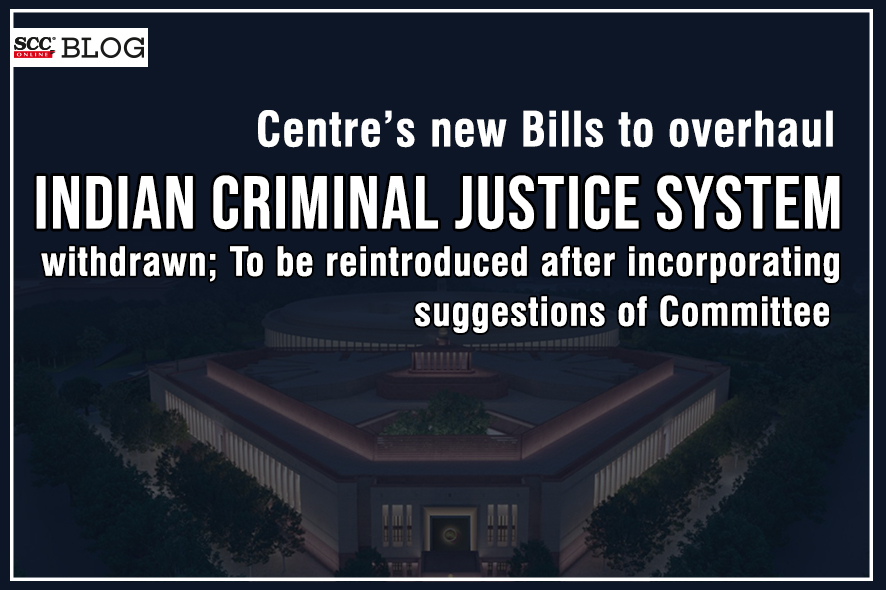Real Estate Issues in India: Navigating Legal Complexities
The Indian real estate sector has seen rapid growth, offering numerous opportunities for investment and development. However, along with its growth, the sector also faces several legal challenges that both developers and buyers must navigate. In this article, we will discuss some of the prominent legal issues in the real estate market and how stakeholders can address them effectively. 1. Title Disputes One of the most common issues in real estate transactions is the dispute over land ownership. Title disputes arise when there is uncertainty about who the rightful owner of the property is, often due to poor record-keeping, fraudulent transfers, or inheritance claims. Buyers must conduct thorough due diligence to ensure that the property has a clear title before entering into a transaction. Solution: •Conducting a title search and obtaining a Title Certificate through a competent lawyer is essential before purchasing a property. •Public notices should be published, inviting any claims against the property to avoid future disputes. •Registering the sale deed at the local sub-registrar office ensures that the transaction is legally recorded. 2. Land Use and Zoning Regulations In India, land use is governed by zoning regulations, which dictate how a piece of land can be used. Violations of zoning laws, such as converting agricultural land for residential or commercial use without necessary approvals, can lead to legal challenges. This issue often arises when buyers unknowingly purchase land that is not authorized for their intended use. Solution: •Ensure that the land use complies with the zoning regulations and obtain necessary conversion certificates if the land is being used for non-agricultural purposes. •Consulting with legal experts before buying land can prevent non-compliance with local municipal laws and Master Plan requirements. 3. Delays in Project Completion Delays in the completion of real estate projects are another significant issue, especially for homebuyers. Developers often fail to meet the promised delivery timelines due to various reasons, including regulatory hurdles, financial constraints, or mismanagement. These delays can cause financial distress to buyers, who may have taken home loans and are paying interest without receiving possession of the property. Solution: •Buyers should ensure that the project is registered under the Real Estate (Regulation and Development) Act (RERA), which mandates that developers adhere to the agreed timeline. •In case of delays, buyers can approach the RERA authority for relief, including compensation or refund. 4. Fraudulent Transactions and Benami Properties Fraudulent property transactions are a growing concern in India, where unscrupulous individuals often engage in the sale of properties without proper ownership, or in some cases, sell properties to multiple buyers. Additionally, the Benami Transactions (Prohibition) Act was enacted to curb transactions where properties are held in the name of someone else to evade taxes. Solution: •Buyers must verify the identity of the seller, and insist on proper documentation and registration of the transaction. •Engage in property verification by checking the property’s ownership history, encumbrance certificates, and other legal documents. 5. Encroachments and Boundary Disputes Boundary disputes and encroachments are prevalent, particularly in urban areas where land values are high. These issues arise when the physical boundary of a property is contested by neighboring landowners or when a portion of land is encroached upon by third parties. Solution: •Buyers must verify the dimensions of the property as per the official records and ensure that they match the physical site. •It is advisable to conduct a survey and mark the property boundaries legally through local authorities to prevent encroachment issues. 6. Environmental Clearances and Compliance Several real estate projects, especially large residential or commercial projects, require environmental clearances. Failure to obtain such clearances can result in legal action from environmental authorities, causing delays and even cancellation of projects. Solution: •Developers should ensure compliance with the Environmental Protection Act and obtain necessary clearances, including approvals from pollution control boards and local environmental bodies. •Buyers should verify if the project has the requisite environmental approvals before making a purchase. 7. Taxation and Stamp Duty Issues Real estate transactions in India attract various taxes, including Goods and Services Tax (GST), stamp duty, and registration charges. Non-compliance with tax laws or undervaluation of property to evade taxes can lead to legal penalties. Solution: •Buyers should ensure that all taxes are paid according to the applicable laws and avoid under-reporting property values. •Consulting with a tax advisor or legal expert ensures that the transaction is tax-compliant and that the correct stamp duty is paid based on the market value of the property. Conclusion Navigating the legal landscape of real estate in India can be complex, but with proper due diligence and legal guidance, most issues can be mitigated. Whether you are a buyer, seller, or developer, it is crucial to stay informed about the regulatory requirements and legal safeguards available. For any real estate transaction, engaging a qualified legal expert is essential to avoid future disputes and ensure a smooth process. This article provides insights into common real estate issues in India and suggests practical solutions. For a more in-depth understanding or legal advice on specific matters, consulting with a professional advocate is recommended
Real Estate Issues in India: Navigating Legal Complexities Read More »

